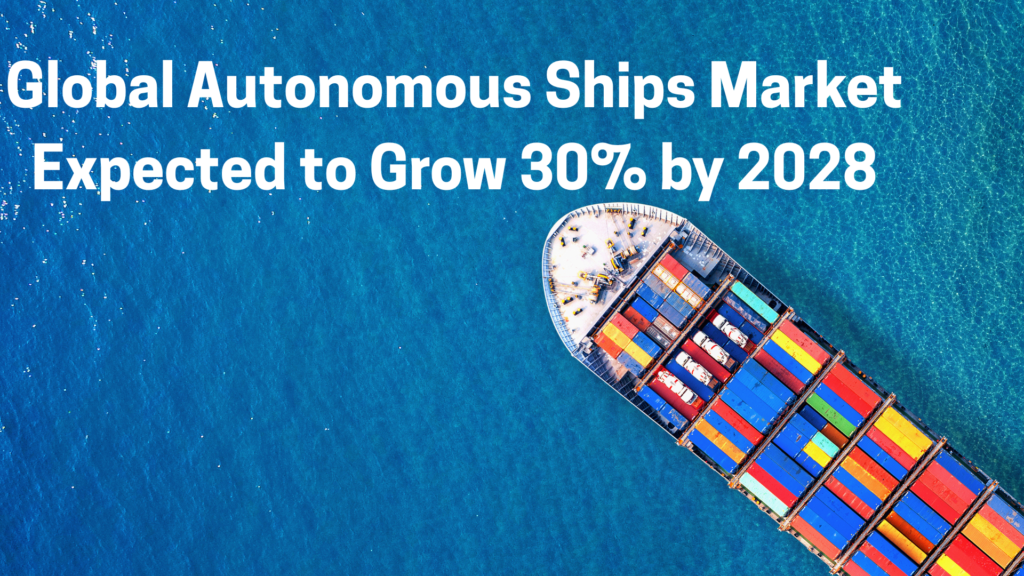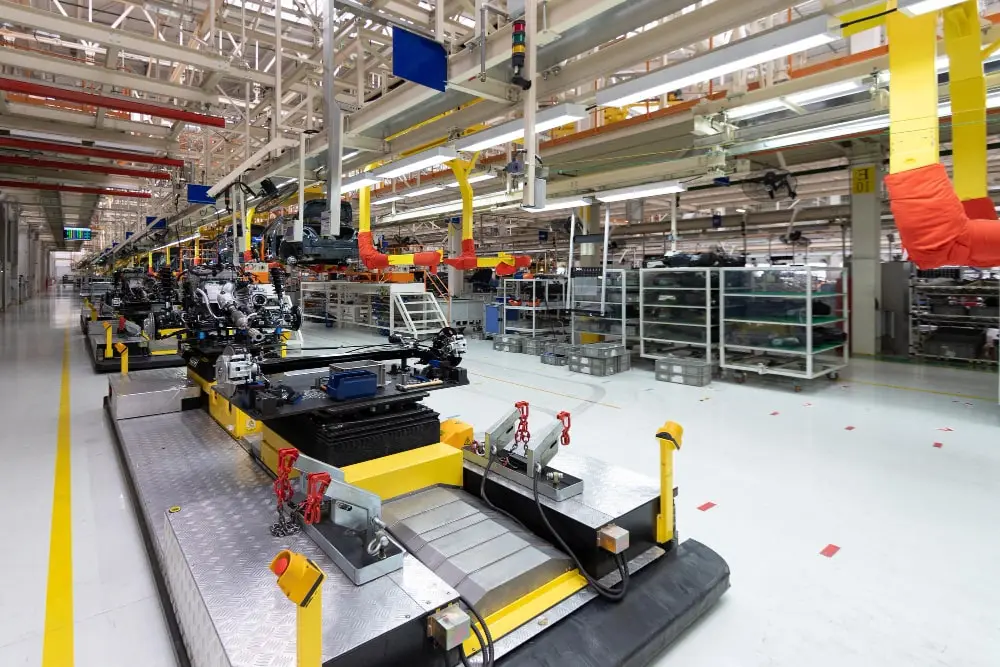Global Autonomous Ships Market Expected to Grow 30% by 2028

The global autonomous ships market is projected to grow by 30% by 2028, transforming the future of maritime trade and naval operations. Also known as unmanned surface vessels (USVs), these ships operate with minimal or no human intervention, relying on advanced AI, sensors, and smart navigation systems.
The Current State of Global Autonomous Ships Market
Global Autonomous ships, also known as unmanned surface vessels (USVs), represent a significant leap in maritime technology. Several companies and countries have already initiated tests and pilot projects to bring fully autonomous ships to the global shipping lanes.
At the forefront of this development are countries like Norway and Finland, which are testing the first commercial autonomous ships in controlled environments. The Yara Birkeland, a fully electric and autonomous container vessel, became a notable milestone in 2021 when it completed its maiden voyage in Norway. Meanwhile, companies like Rolls-Royce are also working on autonomous shipping solutions, collaborating with maritime regulatory bodies to ensure these ships meet international standards for safety and operations.
Currently, most autonomous ships operate in a semi-autonomous mode, requiring human oversight from shore-based control centers. This transition phase allows the maritime industry to understand the potential and limitations of autonomous ships while adapting to necessary regulatory changes.
Several market trackers now expect double-digit growth through the decade, with many forecasting a substantial step-up by 2028 as international rules mature and technology scales. For students and professionals in Kerala, this isn’t just global news—it’s a career wave you can ride with the right training at Voyage Institute.
Market Outlook to 2028: Fast Growth, Different Pace by Segment
While estimates vary by analyst and scope (defense vs. commercial, boats vs. ships), the direction is clear: up and to the right.
- Grand View Research projects the autonomous ships market to grow from USD 6.04B (2023) to USD 13.41B by 2030 (≈13.5% CAGR).
- Fortune Business Insights sees USD 6.11B (2024) to USD 12.25B by 2032 (~9.1% CAGR), with Asia-Pacific leading share. Fortune Business Insights
- Mordor Intelligence forecasts ~10% CAGR 2025–2030, from USD 6.96B (2025) to USD 11.25B (2030). Mordor Intelligence
Some headlines suggest “~30% growth by 2028”—typically referring to cumulative growth for specific segments (e.g., fully autonomous craft, coastal/harbor operations) or based on narrower baselines. The fully autonomous sub-segment is often cited as the fastest, with earlier reports projecting ~27–28% CAGR—but from a smaller base. In short: overall market ≈ high single to low double-digit CAGR; leading niches can approach ~30% growth by 2028.
Conclusion
The global autonomous ships market is on a strong growth trajectory into 2028, with leading niches likely posting ~30% cumulative growth or higher by then—and broader market CAGRs in the high-single to low-double digits, depending on scope. With IMO’s MASS Code work intensifying in 2026–2028 and environmental rules tightening in the same window, we’ll see more ports, short-sea routes, and offshore tasks adopt autonomy.
For further reading on similar topics, check out article on : How Maritime Autonomous Surface Ships Are Changing the Future of Shipping
-
 Advanced Industrial Automation Systems: Transforming Modern Manufacturing
Advanced Industrial Automation Systems: Transforming Modern Manufacturing -
 When Machines Think: The Rise of Smart Industrial Automation
When Machines Think: The Rise of Smart Industrial Automation -
 The Next Frontier in Marine Automation: Autonomous Vessels
The Next Frontier in Marine Automation: Autonomous Vessels -
 Industrial Automation and Control Systems: Driving the Future of Industry
Industrial Automation and Control Systems: Driving the Future of Industry -
 Global Autonomous Ships Market Expected to Grow 30% by 2028
Global Autonomous Ships Market Expected to Grow 30% by 2028
